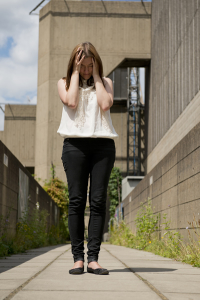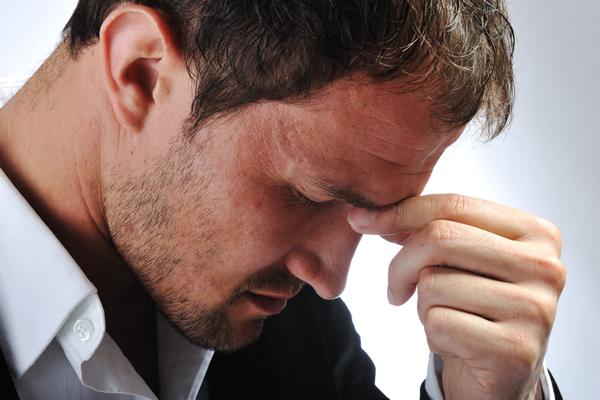Have you been through a traumatic experience? Do you still carry that burden with you? Unresolved trauma can creep into our lives, impacting our relationships with employers, friends, and family. There are ways though, to cope with both the physical and emotional symptoms of unresolved trauma.
Unresolved Trauma: Physical Symptoms
There are many physical symptoms associated with unresolved trauma. These can include:
- Headaches
- Insomnia
- Feeling tired
- Avoiding certain situations
- Difficulty concentrating
These symptoms can be a weight on people struggling with unresolved trauma, making it harder to get by day-by-day. If you seek medical help for these issues, without acknowledging your trauma history, it will be harder for the doctor to provide effective treatment.
Unresolved Trauma: Emotional Symptoms
The emotional symptoms of trauma can go much deeper. When they come to the surface, they might be confused for other behavior not associated with trauma. For instance:
- Sudden outbursts of anger
- Feeling afraid and always on edge
- Being easily scared
- Feeling hopeless, alone, depressed
- Feeling ashamed or guilty
- Disinterest in things you once enjoyed
It is not uncommon to see people who have unresolved trauma try to deal with these emotions through the use of drugs or alcohol. Without context, this may not be understood as a symptom of unresolved trauma.
Unresolved Trauma: How to Cope with Physical Symptoms
Once you recognize unresolved trauma, you can begin to treat the physical symptoms. Some ideas to do this include:
- Changing sleep positions, your pillow, or adjusting lighting for insomnia. You can also try counting or reading to mentally unwind before bedtime.
- Drinking enough water to stay hydrated for headaches.
- Practicing relaxation techniques such as stretching and meditation.
- Eating healthy foods.
- Getting regular exercises.
- Avoiding drugs and alcohol.
In some situations, medications prescribed by your doctor may help relieve some of your physical symptoms.
Unresolved Trauma: How to Cope with Emotional Symptoms
Coping with the emotional symptoms of unresolved trauma can take a lot of work, but it’s worth it. Consider these ideas:
- Breathing techniques to help calm you.

- Setting a goal or objective to accomplish.
- Mental exercises that allow you to better cope with anger and frustration, such as meditation.
- Expressing your thoughts creatively through art, writing, and music.
- Talking with other people struggling with trauma, as with a local support group.
- Volunteering. Serving others lets you feel useful and give back.
- Finding ways to not feel alone through community groups, religious organizations, sports teams, and other recreational activities.
Unresolved Trauma: Immediate Help for Emotional Symptoms
Unresolved trauma can be hard to live with. Sadly, for some the weight is too much, leading them to make decisions that can’t be undone. If you feel depressed and have thoughts of suicide, get help now. Call a local helpline for support, reach out to a friend or family member, or seek help from another person you trust. However, research as shown that working with a therapist who specializes in treating unresolved therapy is by far the most effective means in resolving traumatic issues.
Unresolved Trauma: Working with a Therapist to Cope
Working with a therapist can help you cope with both physical and emotional symptoms. A therapist can work with you to connect the dots between your symptoms and your past trauma. One way a therapist can help is through guided exposure therapy sessions. This is where exposure occurs through a deliberate, systematic technique that allows you to process what happened. The experience allows your brain to turn-off so it doesn’t have to be on guard all the time.
It is possible to cope with the symptoms of trauma, and resolve the issues you struggle with. This may take time, and isn’t an easy journey. Yet, the end result means finally living a life without trauma weighing you down. For further information on the effects of untreated trauma and treatment, visit Philip’s Trauma Therapy page or call Philip at (813) 759-3278 to schedule your first appointment.


